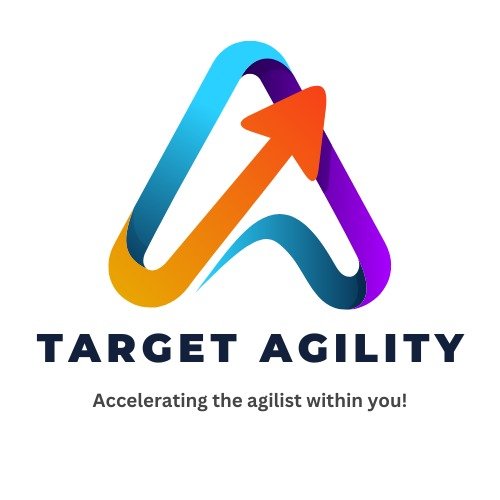In the world of software development, Agile is a popular method for flexibility and efficiency. At the center of Agile, there’s Scrum, a framework that helps teams work together smoothly. Leading a successful Scrum team is an effective Scrum Master. But what makes a Scrum Master really good at their job? In this blog, we’ll explore the key traits and skills that define a top-notch Scrum Master.
1.Putting the Team First
A great Scrum Master is like a team’s captain. They prioritize the team’s needs above all else. They help solve problems, make sure everyone talks to each other, and make sure the team has what it needs to do their work well.
2.Understanding People
Effective Scrum Masters are good with people. They know how team members feel and what they care about. By being friendly and understanding, they create an environment where people can speak up and share their thoughts.
3.Good at Talking and Writing
Talking and writing are super important. A Scrum Master needs to be able to explain how the team is doing, what problems they have, and what they need clearly. They also need to be great listeners to understand what others are saying.
4.Solving Conflicts
In the world of software, conflicts can happen. A great Scrum Master doesn’t run away from them but helps the team find solutions when conflicts pop up.
5.Knows Scrum Well
A good Scrum Master really gets Scrum. They don’t just follow rules blindly; they understand why Scrum works the way it does. This helps them adapt Scrum to fit their team and company better.
6.Always Looking to Improve
Agile is all about getting better all the time. An effective Scrum Master is always looking for ways to make the team better, whether that’s by improving how they work or learning new things.
7.Can Make Decisions
In software, you often need to make choices quickly. An effective Scrum Master isn’t afraid to make tough decisions when needed. They balance what the team thinks with what needs to happen fast.
8.Helping the Product Owner
Scrum Masters don’t just help the team; they also support the Product Owner. They assist in organizing the product backlog, making sure it’s clear and in the right order. This helps the team know what to work on.
9.Loves Agile Values
A great Scrum Master is a big fan of Agile values and principles. They spread the Agile way of thinking in the team and the company. This means making sure everyone is open, keeps an eye on what’s happening, and is willing to change.
10.Stays Strong and Patient
Scrum Masters often face tough times. It is important for them to stay strong and be patient, even when things get hard. They stay positive and keep pushing for Agile practices, even when others don’t want to change.
11.Uses Data for Decisions
Effective Scrum Masters rely on data to make choices. They gather facts and information to see how well the team is doing and find areas to improve. Using data ensures changes are based on evidence, not just guesses.
12.Knows Some Tech
While not a must, having some tech knowledge can help. It helps Scrum Masters understand the team’s challenges better and join technical discussions more easily.
Conclusion
In the Agile world, a great Scrum Master is like the captain steering a ship through the turbulent waters of software development. They lead by example, are good with people, and spread the Agile way of thinking. They’re excellent at communicating, solving problems, and understand Scrum deeply. With their skills in conflict resolution and a constant drive for improvement, they empower their team to keep delivering value. As more companies adopt Agile methods, the role of the Scrum Master isn’t just important; it’s essential for the success of Agile projects.










